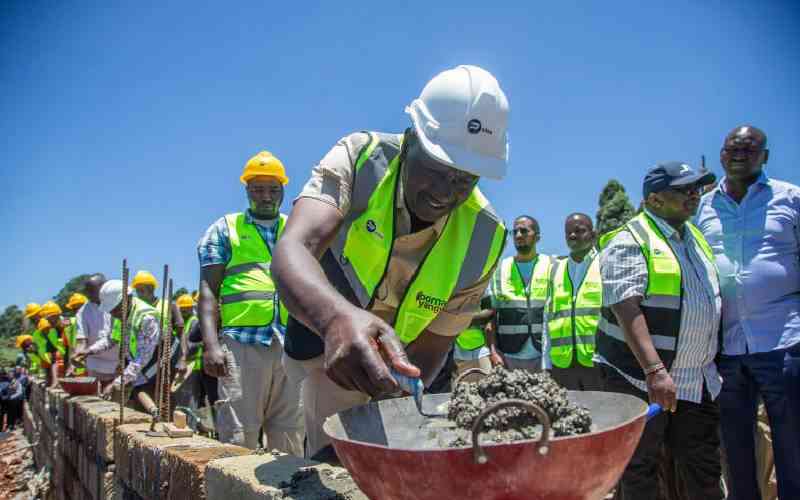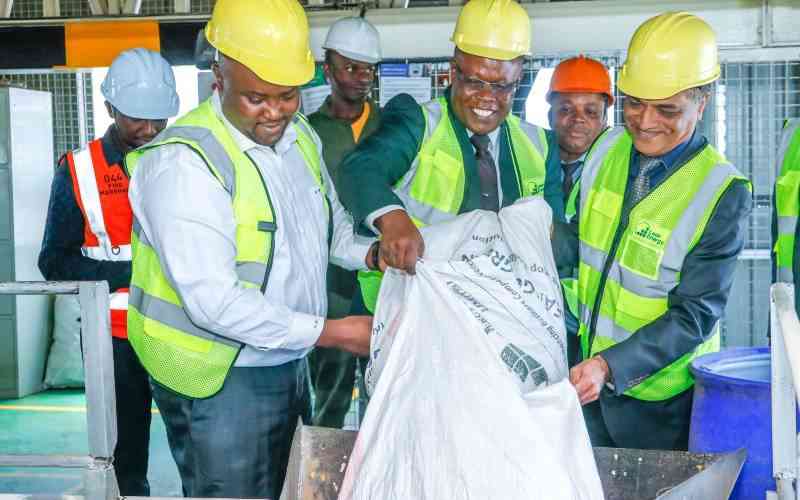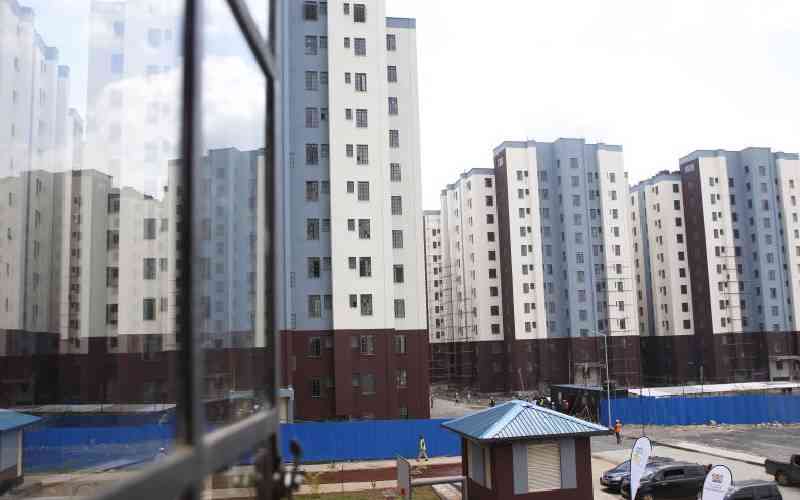×
The Standard e-Paper
Fearless, Trusted News

Is President William Ruto's Kenya Kwanza government biting more than it can chew and hence its failure to successfully implement almost all projects and programmes started since it came into office in 2022?








